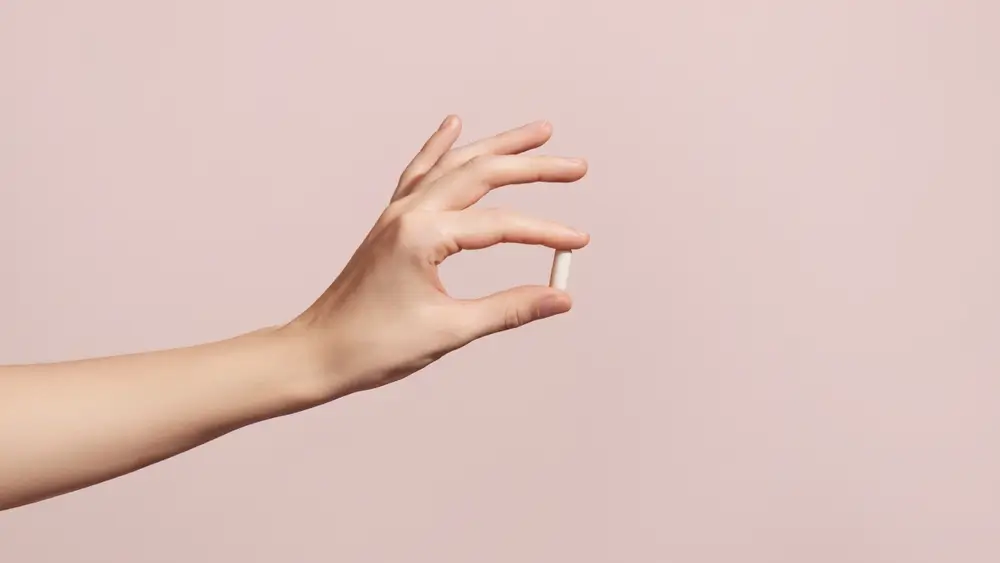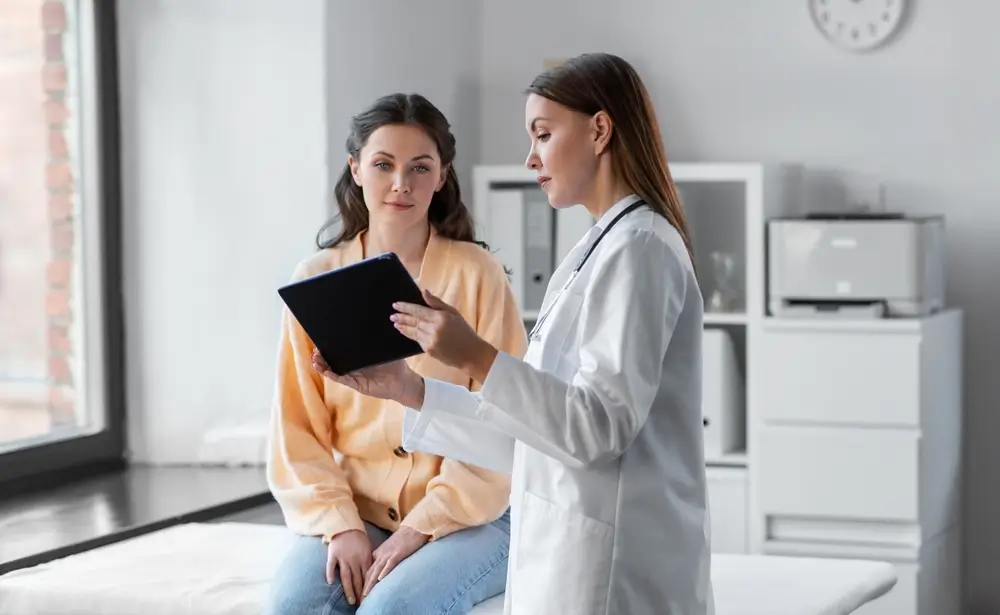Benzos and antidepressants are two of the most commonly prescribed medications, but mixing them can be risky. Benzodiazepines, like Xanax and Valium, work by slowing activity in the brain to reduce anxiety and induce calmness.
Antidepressants, such as Prozac and Zoloft, work by balancing chemicals in the brain that regulate mood and stress. While benzos and antidepressants can be safe and effective when used alone and as prescribed, combining them may lead to dangerous side effects.
The sedative effects of benzos can be amplified by antidepressants, causing an overdose even when taken in normal amounts. Memory problems, confusion, and impaired coordination are also possible.
Benzos and antidepressants can be used safely in combination for some people, but you need to do it carefully and cautiously. Talk to your doctor about alternative treatment options or lifestyle changes that could help before mixing these powerful medications. Your mental health and safety should be the top priority.
Why Benzos and Antidepressants Are Sometimes Prescribed Together
Sometimes, doctors prescribe benzos (like Xanax or Valium) and antidepressants together. This combo can be helpful but also risky. Here’s why:
Improved Symptom Relief
Benzos target anxiety and insomnia, while antidepressants treat depression and anxiety. Used together, they can effectively relieve multiple symptoms. Many people find this combination works when other treatments haven’t.
Increased Side Effects
However, taking these drugs together often increases side effects like:
- Drowsiness, fatigue and impaired coordination. This can make activities like driving dangerous.
- Memory and cognition problems. You may experience confusion, disorientation and difficulty concentrating or making decisions.
- Dependence and withdrawal. The likelihood of becoming addicted to or reliant on these medications rises when taken long-term or at high doses. Withdrawal can also be more severe.
- Respiratory depression. In rare cases, the central nervous system is suppressed so much that breathing slows or stops, which can be fatal without emergency help.

The Dangers of Combining Benzos and Antidepressants
Mixing benzodiazepines (benzos) and antidepressants can be dangerous. These two medications work in different ways, and combining them may lead to harmful side effects.
Sedation and Slowed Breathing
Benzos are sedatives that can slow your breathing and heart rate, especially when taken in high doses. Antidepressants also often cause drowsiness and dizziness. Taking these medications together amplifies these side effects, which could lead to an overdose. You may experience extreme sedation, dangerously slow breathing, confusion, and even loss of consciousness.
Impaired Memory and Judgment
Both benzos and antidepressants can negatively impact your memory, concentration and decision-making on their own. Combining them exacerbates these cognitive difficulties and can make it unsafe to drive or operate machinery. Your memory and judgment may be significantly impaired.
Withdrawal Symptoms
If you stop taking either benzos or antidepressants abruptly, you may experience withdrawal symptoms. Quitting both medications at the same time or quickly tapering the dosage of one while stopping the other medication can lead to severe withdrawal effects like nausea, tremors, panic attacks and seizures in some cases.
Safer Alternatives to Mixing Benzos and Antidepressants
Rather than mixing benzos and antidepressants, there are safer alternatives for treating anxiety and depression.
Therapy
Speaking with a therapist or counselor can be very helpful for gaining insights into the root causes of your symptoms and learning coping strategies. Cognitive behavioral therapy, or CBT, is particularly effective for anxiety and depression. CBT helps challenge negative thought patterns and adopt healthier ways of thinking.
Exercise
Exercise is a natural mood booster that can help ease symptoms of both anxiety and depression. Even just 30 minutes of walking or light activity a day a few times a week can help. Yoga and meditation are also great options for relaxation and stress relief.
Improved sleep
Getting adequate sleep is essential for your mental health and mood. Most adults need 7 to 9 hours of sleep per night to function at their best. Try sticking to a regular sleep schedule, limiting screen time before bed, and making your bedroom as dark as possible.
Dietary changes
What you eat can significantly impact your mood and stress levels. Focus on a balanced diet with lots of whole foods like fruits and vegetables, whole grains, and lean proteins. Limit excess sugar, caffeine, and alcohol intake, which can worsen symptoms of anxiety and depression. Staying hydrated and drinking plenty of water also helps support a healthy mood and mindset.
Herbal supplements
Some herbal supplements may help ease anxiety and naturally boost your mood. Options to consider include ashwagandha, Rhodiola rosea, omega-3 fatty acids, and turmeric or curcumin. However, always talk to your doctor first before taking any supplements to make sure they do not interact with any medications you’re on.

For More Information on Benzos and Antidepressants, Reach Out to Experienced Doctors
Mixing benzodiazepines (“benzos”) and antidepressants can be risky. These medications work in different ways, and combining them may cause side effects. Always talk to your doctor before mixing these drugs. The specific effects depend on the particular drugs and dosages involved. Close monitoring by your doctor is needed, especially when first starting or changing medications.
For more information on safely mixing medications, call us today at (877) 895-3231. Talk to one of our qualified staff members. They will talk you through possible risks based on your medical history and prescribe the lowest effective dosages. At Launch Centers, we prioritize your mental health and well-being.





